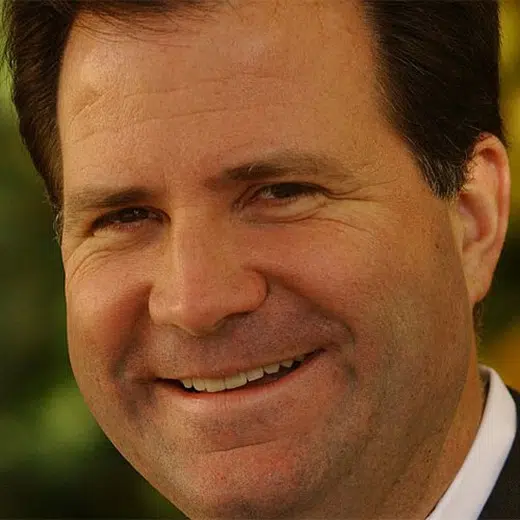By Emma Farge
GENEVA (Reuters) – A Swiss-led proposal could form a new intergovernmental panel to study the dangers of chemical waste and pollution, a draft resolution on the agenda of a U.N. environment summit showed.
Proponents say that pollution from pesticides, plastics and electronic waste is an overlooked problem and that there is currently no global body to assess the scale of the risks. This week, a U.N. expert warned that such pollution was contributing to more deaths globally than COVID-19 and called for action, including a ban on some toxic chemicals.
The proposal, co-sponsored by 14 other countries, including Britain and six African countries, would aim to create an authoritative “Science-Policy Panel” similar to the U.N. Intergovernmental Panel on Climate Change (IPCC).
Switzerland’s Ambassador Franz Xaver Perrez who is representing Bern at the summit in Kenya this month told Reuters that chemical waste represented a “more imminent” threat than climate change.
With climate change “the bigger impact is in the future,” he said. “But the chemicals impact is the immediate future, it’s right now.”
“This (proposal) would bring together, like with climate change, the best available science to better understand the threats and risks that we do not fully understand yet.”
He added he expected the proposal to be adopted by consensus and said the panel could be set up within “one to two years” under the oversight of the World Health Organization and summit host the United Nations Environment Programme.
The main focus of the Kenya summit will be the drafting of a blueprint for a global plastics treaty, which is touted as being the most important environment pact since the 2015 Paris climate agreement.
Switzerland already hosts both the WHO and the IPCC and would have a financial stake in creating such a panel, were it to be based in Geneva.
(Reporting by Emma Farge; Editing by Aurora Ellis)






